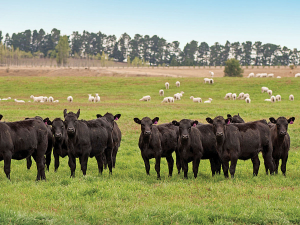Red meat farmers have narrowly approved a 4% rise in the total pool for Beef + Lamb NZ director fees.
After rejecting a proposal for a pay rise last year, 50.6% of B+LNZ levy paying farmers backed the pay rise today at the organisation’s annual meeting in Rotorua.
This year, the Director Independent Remuneration Committee (DIRC) recommended a 6% rise in the total pool for director fees - from $401,500 to $424,000. This would have raised the chair's fees by 18% to $90,000, a 3% rise in director fee to $39,250 and no change to the discretionary spend pool. However, the B+LNZ board asked farmers to approve a 4% rise to the total pool - to $417,500. This represents a fee increase for the chair to $83,320 and for each director to $39,250.
The second resolution on the appointment of the auditor was supported, with 96.83% in favour.
The voter turnout represented 7.43% of registered sheep, beef and dairy farmers. While this is low, it is not unprecedented and it roughly aligns other industry groups’ processes, says B+LNZ.
Around 70 people attended the annual meeting, held as part of the Out the Gate farmer event in Rotorua. The Out the Gate event has attracted about 300 participants.











